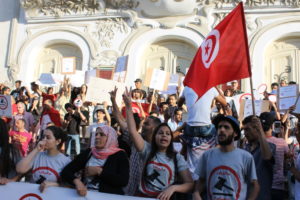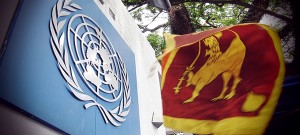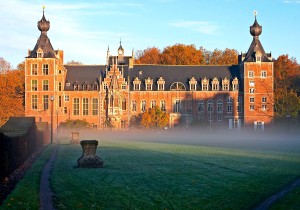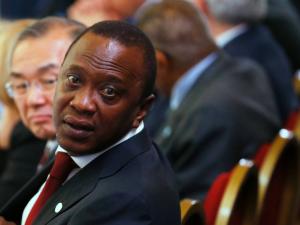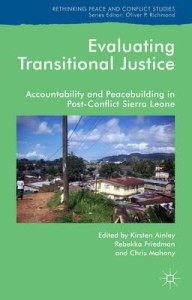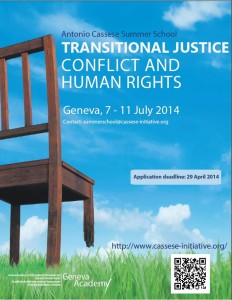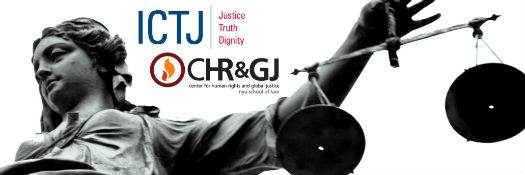 At the end of last year, leading activists, experts, and thinkers gathered for the ninth Emilio Mignone Lecture, a discussion about whether the tools of transitional justice have a place in the US. Darren Walker, President of the Ford Foundation, and Sherrilyn Ifill, President and Director-Counsel of the NAACP Legal Defense Fund, joined moderator David Tolbert, President of the International Center for Transitional Justice (ICTJ) at the time, in conversation.
At the end of last year, leading activists, experts, and thinkers gathered for the ninth Emilio Mignone Lecture, a discussion about whether the tools of transitional justice have a place in the US. Darren Walker, President of the Ford Foundation, and Sherrilyn Ifill, President and Director-Counsel of the NAACP Legal Defense Fund, joined moderator David Tolbert, President of the International Center for Transitional Justice (ICTJ) at the time, in conversation.
The lecture, titled “Reckoning with Racial Injustice in the United States,” was co-hosted by ICTJ and the Center for Human Rights and Global Justice (CHRGJ) at New York University (NYU) School of Law.
Conversation began with introductions from NYU professor Meg Satterthwaite and ICTJ Executive Director Fernando Travesi. Meg Satterthwaite stressed CHRGJ’s commitment to holding the United States accountable to its human rights obligations while Fernando Travesi reflected on the increasing relevance of the tools of transitional justice in the US.
Darren Walker, Sherrilyn Ifill, and David Tolbert then opened discussion. Continue reading

